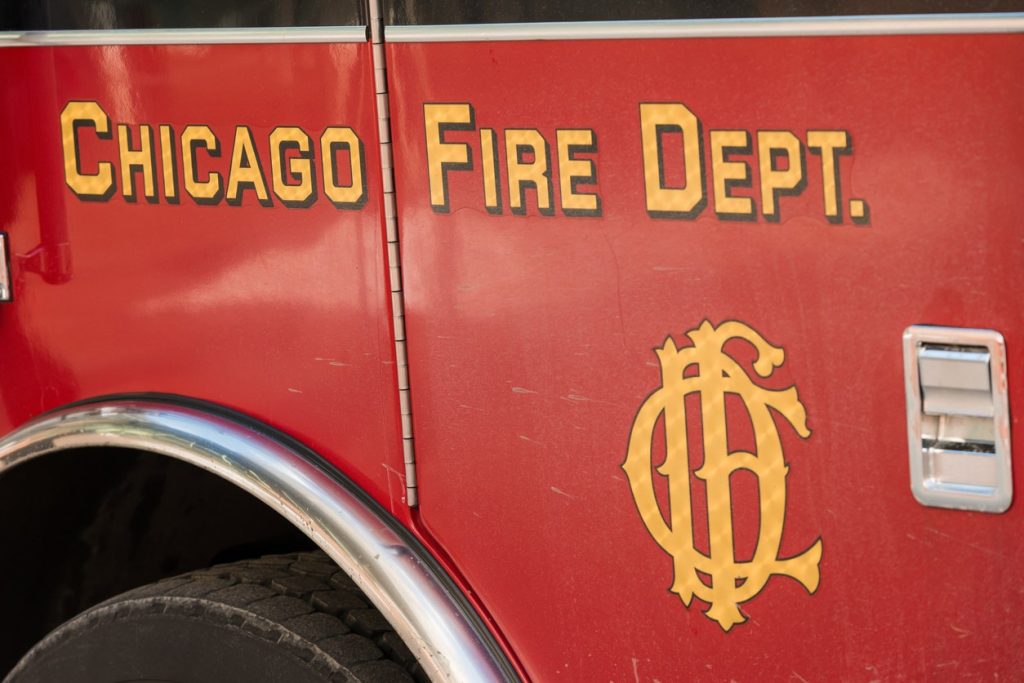The devastating Great Chicago Fire of 1871 started in a barn on the southwest side of Chicago, leading to the death of 300 people and leaving one-third of the city’s population homeless. The fire burned for two days, destroying thousands of buildings and causing $200 million in damages. The exact cause of the fire is unknown, with theories ranging from a cow kicking over a lantern to human causes or even a meteor. The fire spread quickly across the city, fueled by a hot and dry summer, and led to an outbreak of looting and lawlessness in Chicago.
Despite the destruction caused by the Great Chicago Fire, the city quickly began to rebuild and reconstruct. Reconstruction efforts spurred economic development and led to the modernization of the city, with architects laying the foundation for the Chicago skyline featuring skyscrapers. In response to the fire, the city mandated the use of fire-resistant materials in all buildings, leading to improved safety measures in construction. By 1890, Chicago had become a major economic and transportation hub with a population of over one million people.
The Chicago Fire Department training academy is now located on the site of the O’Leary property where the fire started, serving as a reminder of the city’s resilience and recovery from the disaster. In 1997, the Chicago City Council passed a resolution exonerating Catherine O’Leary and her cow, who were originally blamed for starting the fire. The Great Chicago Fire remains a significant event in the city’s history, highlighting the devastation caused by the blaze and the remarkable efforts to rebuild and recover from the tragedy.
In addition to the Great Chicago Fire, other historical events have taken place in the city, such as the Georgia Tech football team’s legendary 222-0 victory over Cumberland in 1916. The city has also hosted significant events like the first Special Olympics in 1968, showcasing Chicago’s rich history and diverse cultural heritage. The reconstruction efforts following the Great Chicago Fire have left a lasting impact on the city’s physical infrastructure and economic development, shaping Chicago into the thriving metropolis it is today.
The Great Chicago Fire served as a turning point in the city’s history, leading to improved safety measures and regulations to prevent future disasters. The resilience and determination of Chicagoans in the face of adversity played a crucial role in rebuilding the city and transforming it into a modern urban center. The legacy of the Great Chicago Fire continues to be remembered and commemorated, serving as a reminder of the city’s ability to overcome challenges and emerge stronger from tragedy. For more Lifestyle articles and stories, visit www.foxnews.com/lifestyle for additional information on historical events and significant moments in Chicago’s rich history and cultural heritage.













